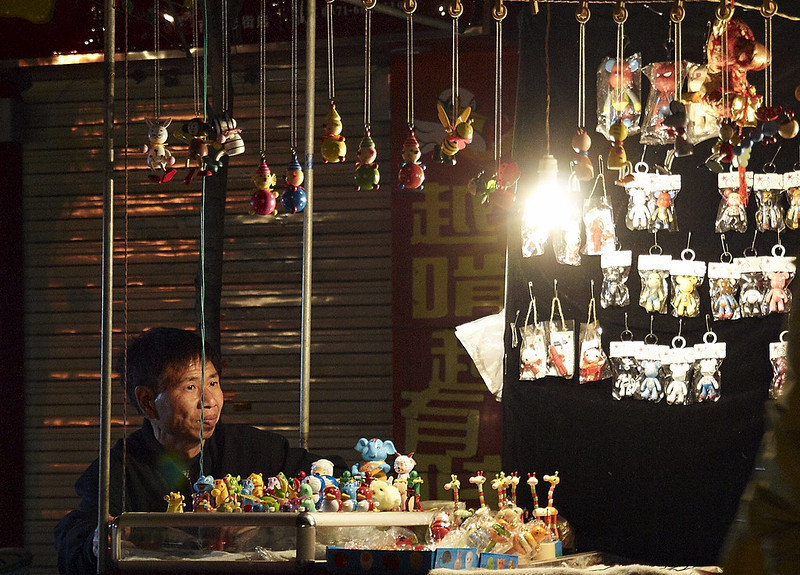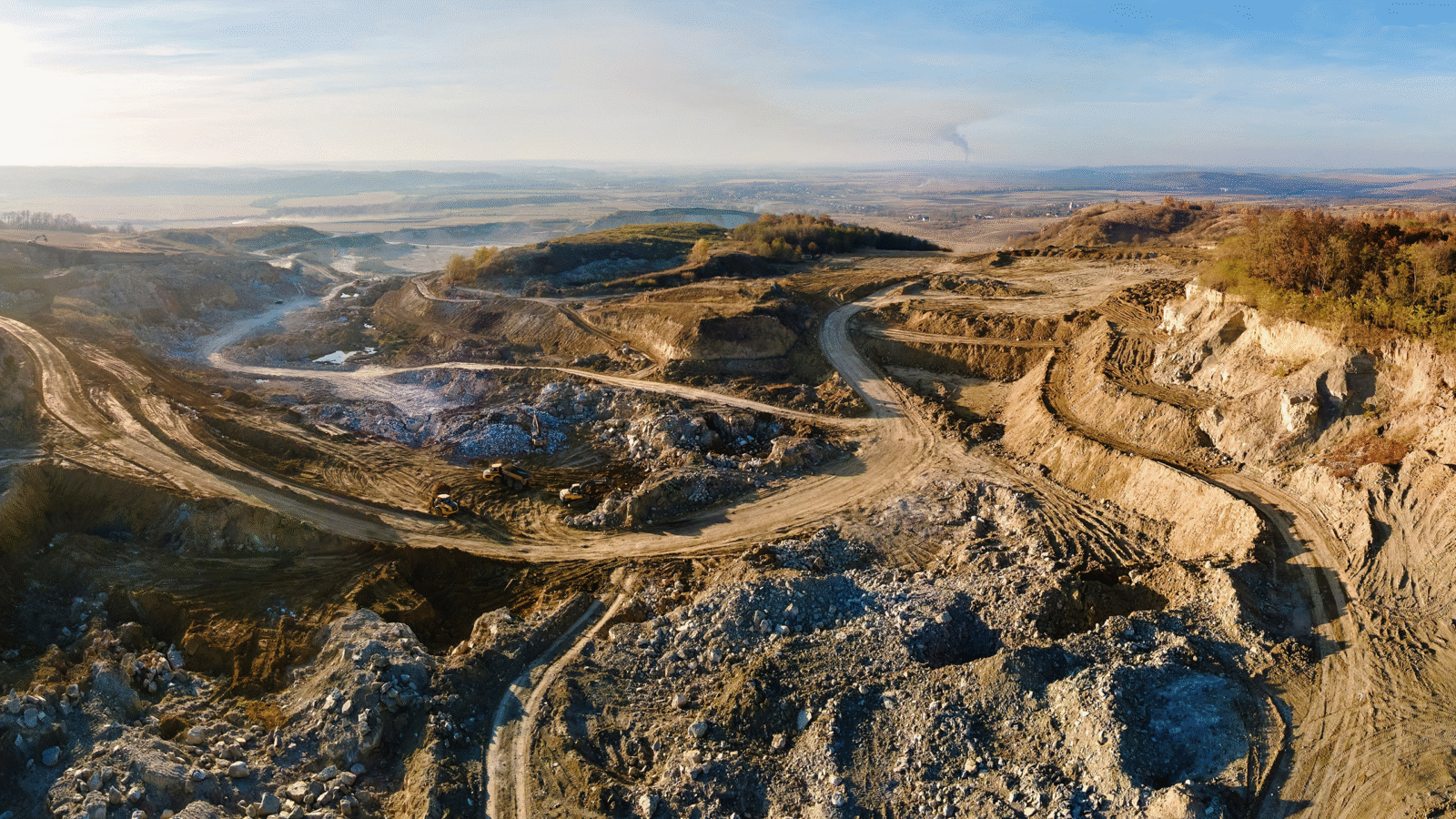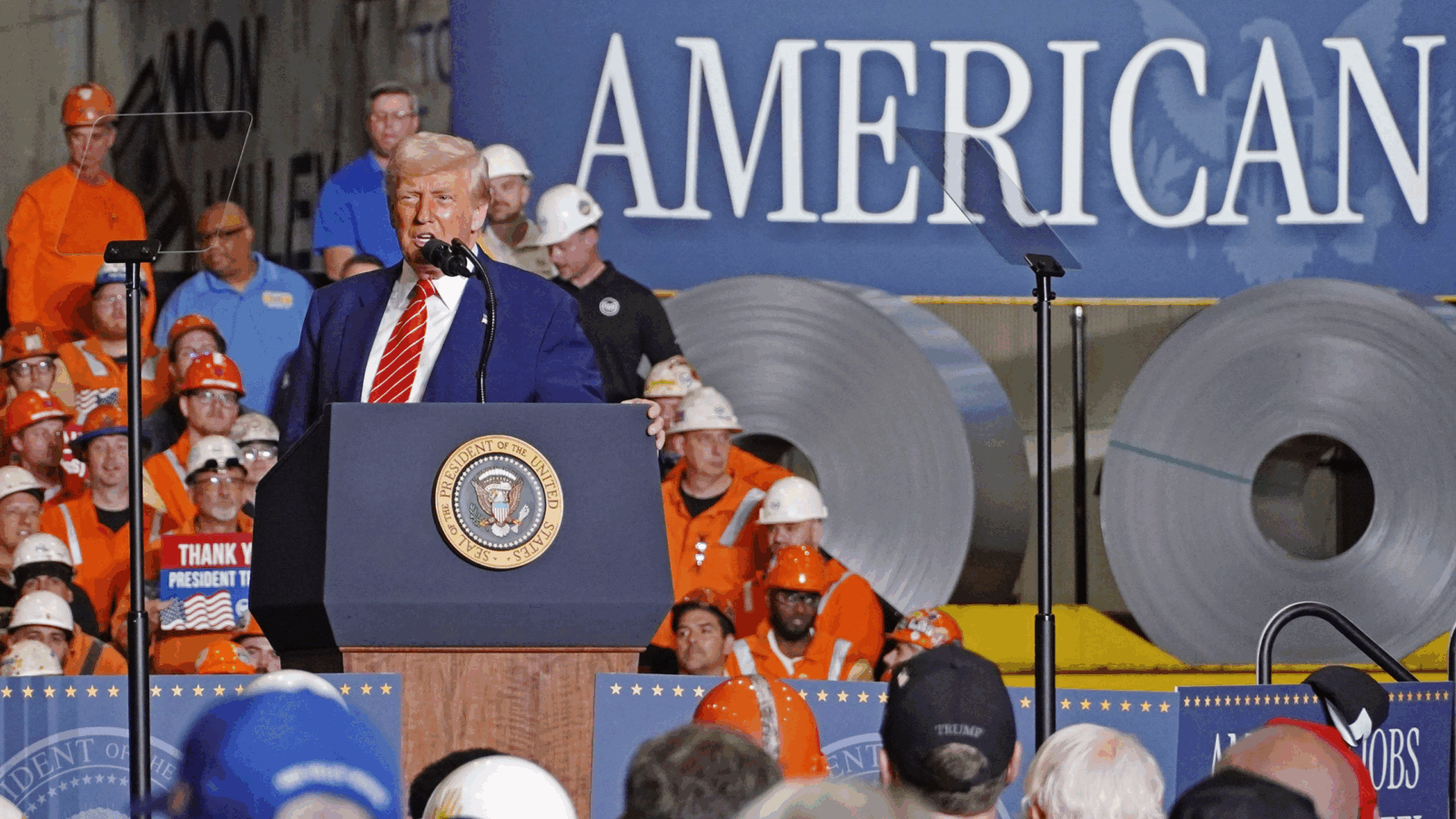
Sign up for smart news, insights, and analysis on the biggest financial stories of the day.
Should I Stay or Should I Go: China’s Street Stall Economy
When Westerners imagine Chinese cities, they likely picture bustling streets lined with an array of pop-up food, retail, and tchotchke vendors — not unlike New York City’s iconic churro ladies or all the hustlers hawking knockoff Gucci bags on Canal Street.
But much like New York, China is constantly fighting with itself over how it approaches the street stall economy. One side sees it as a way to support the unemployed and underemployed, while the other finds it damaging to China’s goal of a stylish and modern aesthetic. Thanks to recent comments from President Xi Jinping, vendors are finding themselves at the center of a public debate.
Do You Have a Permit?
Over the past few decades, major Chinese cities started cracking down on street stalls. Many Chinese Communist Party officials and citizens viewed them as unhygienic and classless. They said stalls bring garbage, contaminated food, and knock-off goods into their communities. There were even cases of officers beating up vendors to run them out of town.
But then COVID hit, decimating entire economies. China’s youth unemployment still rate sits at a record high of more than 20%. To circumvent a lack of opportunities in the short term, many cities have started welcoming vendors back with open-ish arms:
- Beijing and Lanzhou have relaxed restrictions, and starting in September, Shenzhen will allow street vendors to set up stalls within designated areas, Nikkei reported. Shanghai is still mulling whether it should allow stalls at night markets and pedestrian-only zones for certain hours.
- Shortly after the pandemic began in 2020, the city of Chengdu lifted its street stall ban, resulting in new income streams for more than 100,000 people, according to Eater. Former Premier Li Keqiang backed the success and said, “The street-stall economy is an important source of jobs.”
Not In My Town: Others aren’t as open to vendors as Keqiang is, particularly his old boss. During a recent tour of Xiongan New Area, a city roughly 60 miles south of Beijing, President Xi Jinping told the state-owned news agency Xinhua he opposes street stalls. “The capital is first and foremost a political center, not a hodgepodge. It cannot run factories in alleys or engage in a street-stall economy,” he said. “The Xiong’an New Area was born to relieve Beijing’s non-capital functions, not to simply build a new area or a new city, and this positioning must be clarified.” That sounds like bad news for anyone stumbling out of the bar at 2 a.m. looking to get some grindage.











